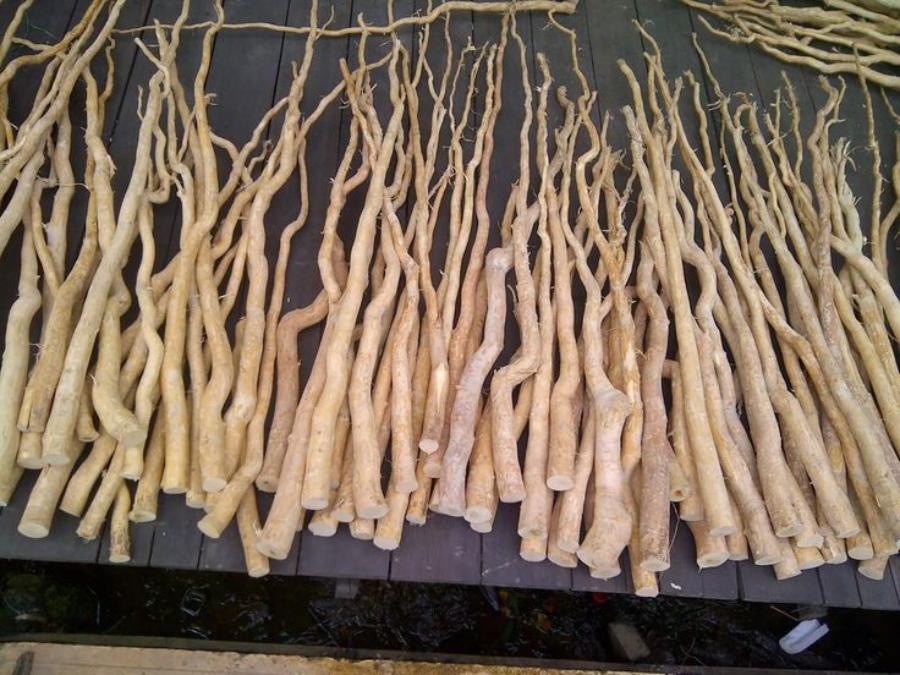

Tongkat Ali, also known as Eurycoma longifolia, is a small, slender tree native to the Southeast Asian region, particularly Malaysia, Indonesia, Thailand, and Vietnam. This fascinating plant, often referred to as the "Malaysian Ginseng," is renowned for its various medicinal properties and has been used for centuries in traditional medicine.
The Tongkat Ali tree typically reaches a height of 10 to 12 meters and features long, pinnate leaves with leaflets arranged in pairs. It belongs to the Simaroubaceae family and thrives in the well-drained sandy soil of rainforests. The tree's bark is grayish-brown and smooth, while its flowers are small and yellow, arranged in panicles at the end of the branches.
One of the most notable aspects of the Tongkat Ali tree is its roots, which contain bioactive compounds that have garnered significant attention. These compounds, including quassinoids, alkaloids, and various phytochemicals, are responsible for the tree's medicinal properties. The roots are harvested and processed to extract these beneficial compounds, which are then used in herbal supplements and traditional remedies.

Tongkat Ali has gained worldwide recognition for its aphrodisiac properties. The bioactive compounds present in the plant's roots are believed to enhance testosterone levels, promote sperm quality, and improve male fertility. As a result, Tongkat Ali is often utilized to address sexual dysfunction, boost libido, and improve overall reproductive health in both men and women.
Furthermore, Tongkat Ali is known for its adaptogenic properties, meaning it helps the body adapt to stress and maintain homeostasis. It has been traditionally used to alleviate fatigue, boost energy levels, and enhance physical and mental performance. Athletes and fitness enthusiasts often turn to Tongkat Ali as a natural supplement to support their training regimes and promote muscle strength.
Beyond its effects on sexual health and performance, Tongkat Ali has shown promise in various other areas. Research suggests that the plant may possess antioxidant and anti-inflammatory properties, which can help protect against oxidative stress and reduce inflammation in the body. Additionally, Tongkat Ali has been studied for its potential as an anti-cancer agent, with some evidence indicating it may inhibit the growth of certain types of cancer cells.
While Tongkat Ali has a long history of traditional use, scientific research on its medicinal properties is still ongoing. Several studies have explored its potential benefits, but more research is needed to fully understand its mechanisms of action and therapeutic applications. It's important to note that Tongkat Ali supplements should be obtained from reputable sources and used under proper guidance to ensure safety and effectiveness.
Thank you for reading…
vvjk ……


